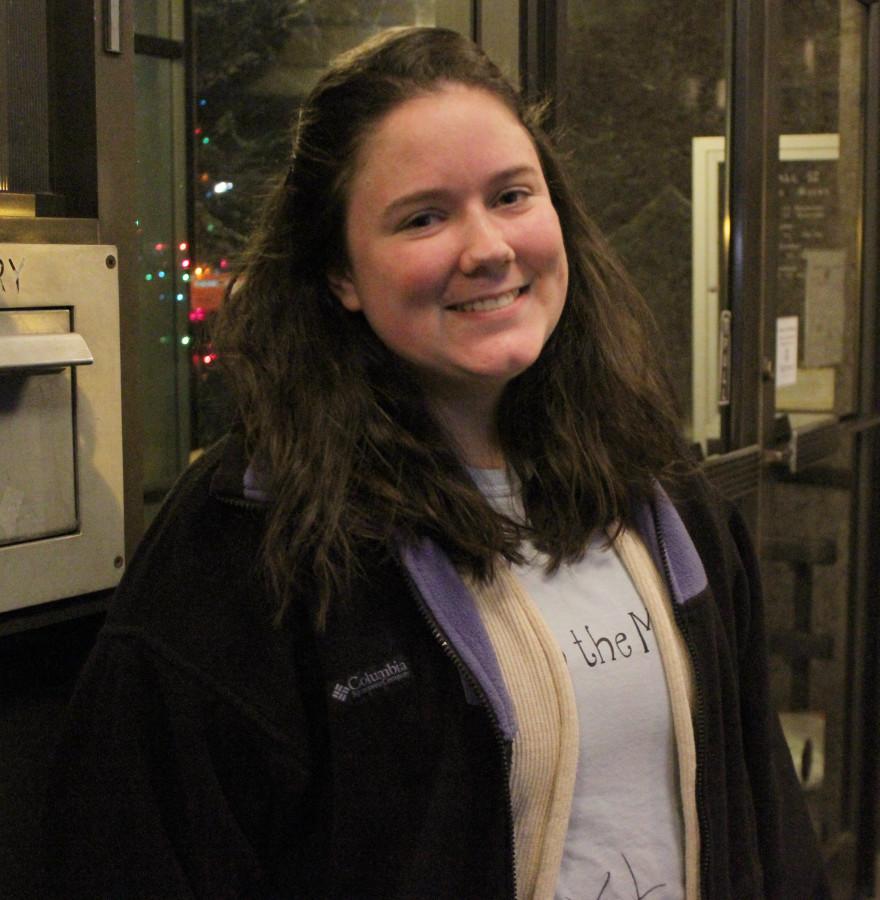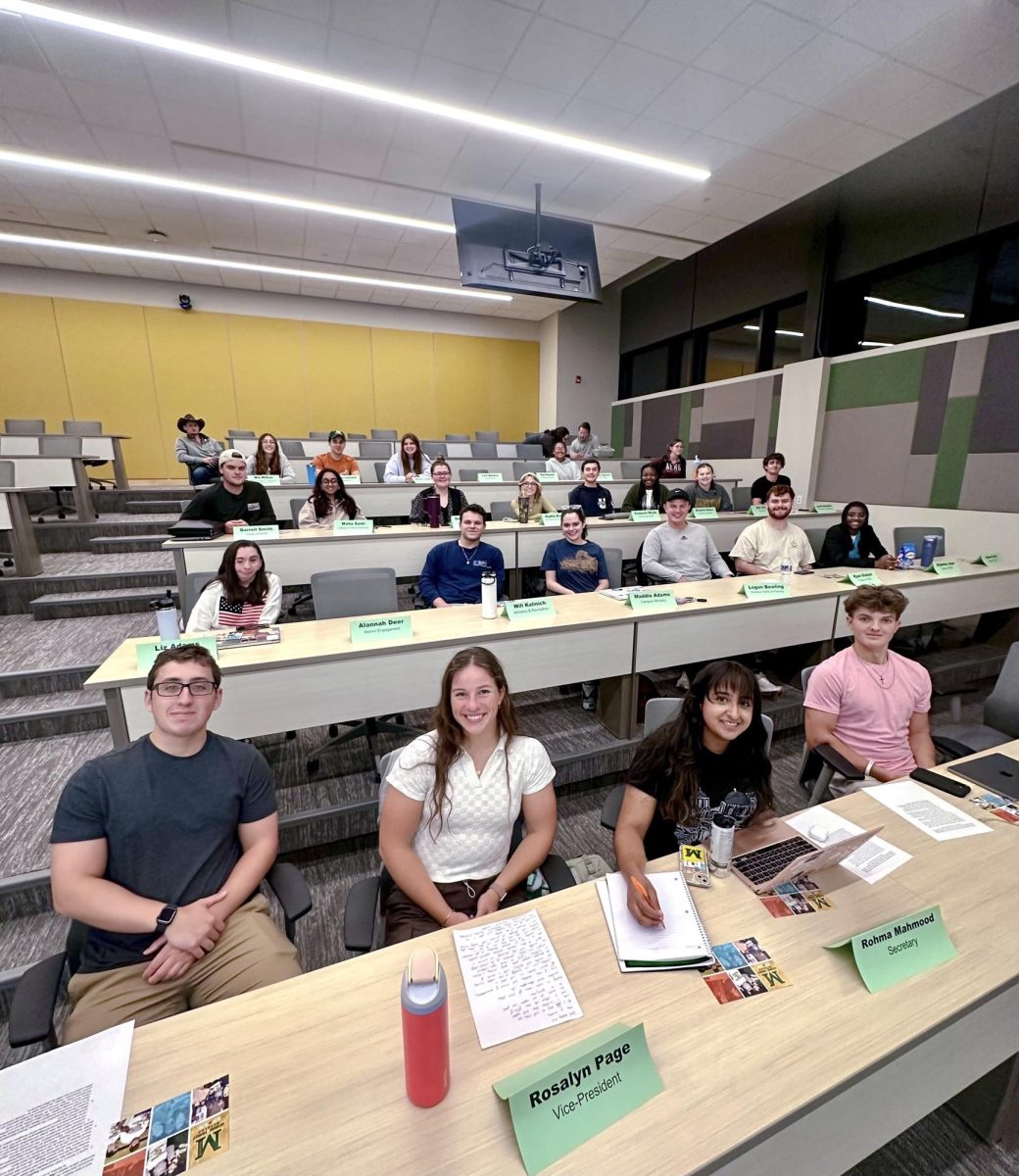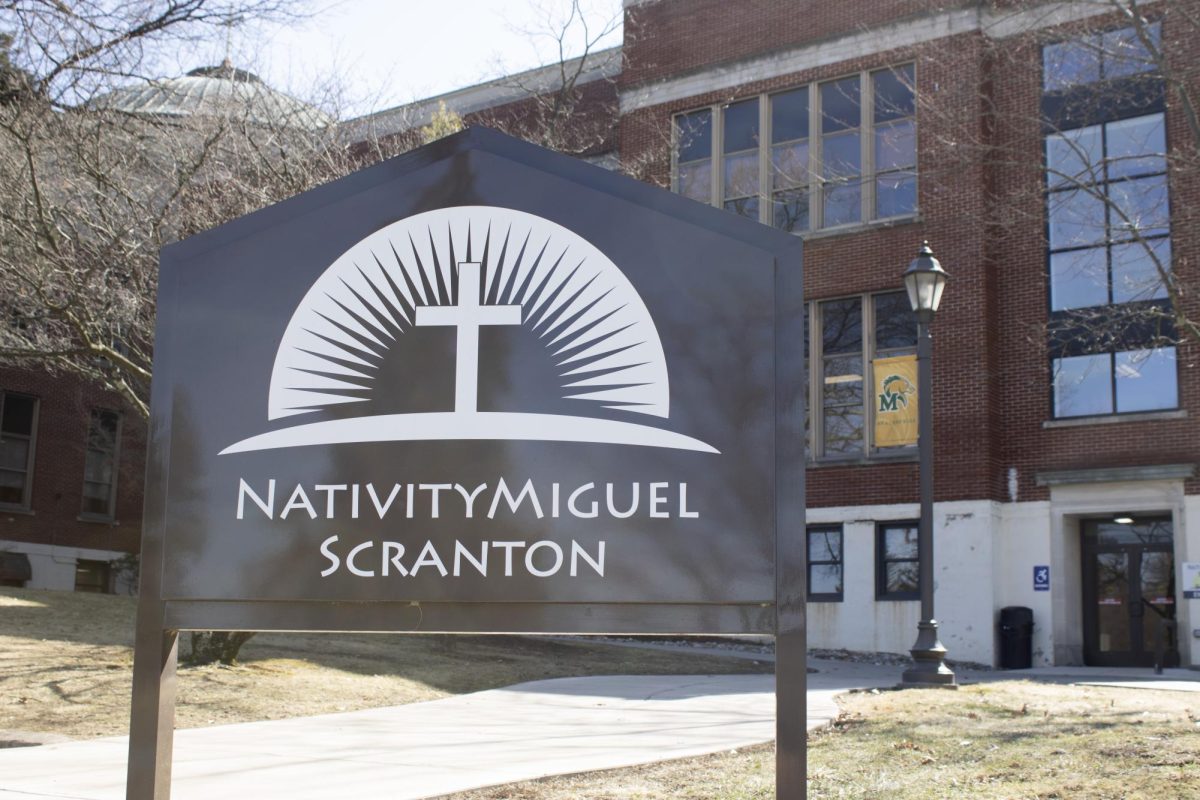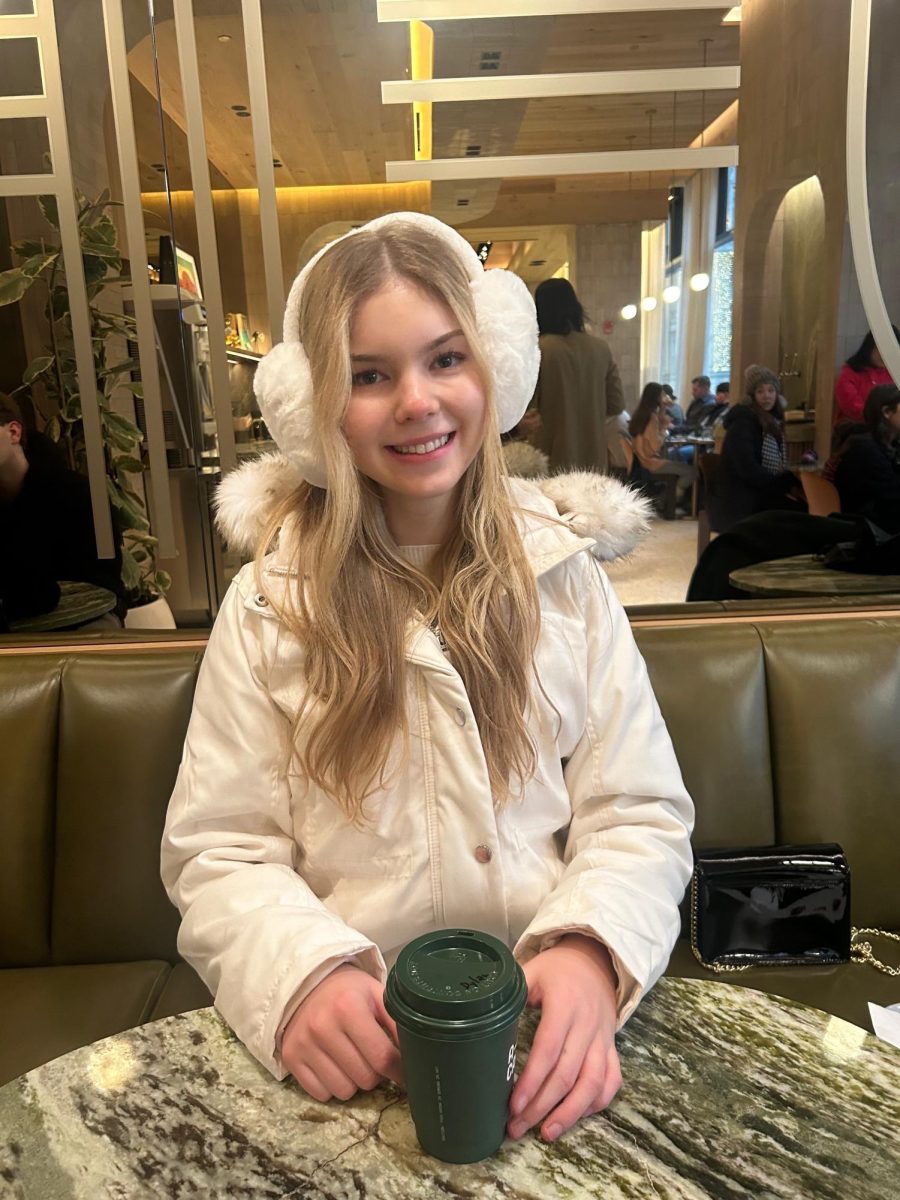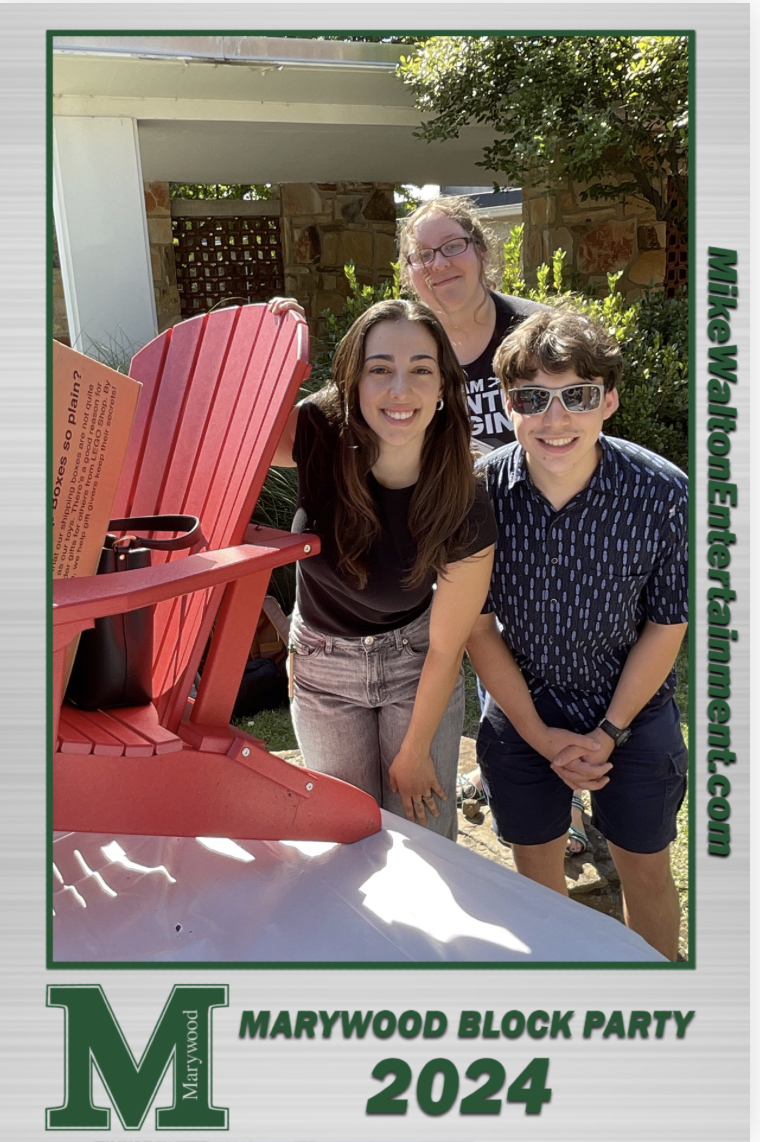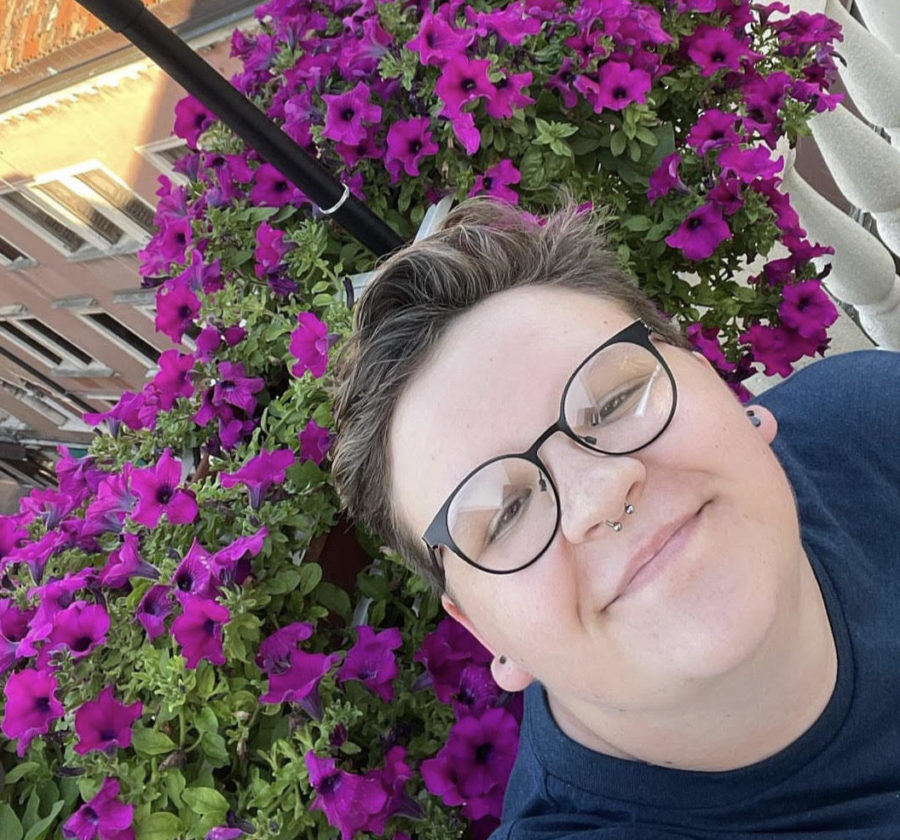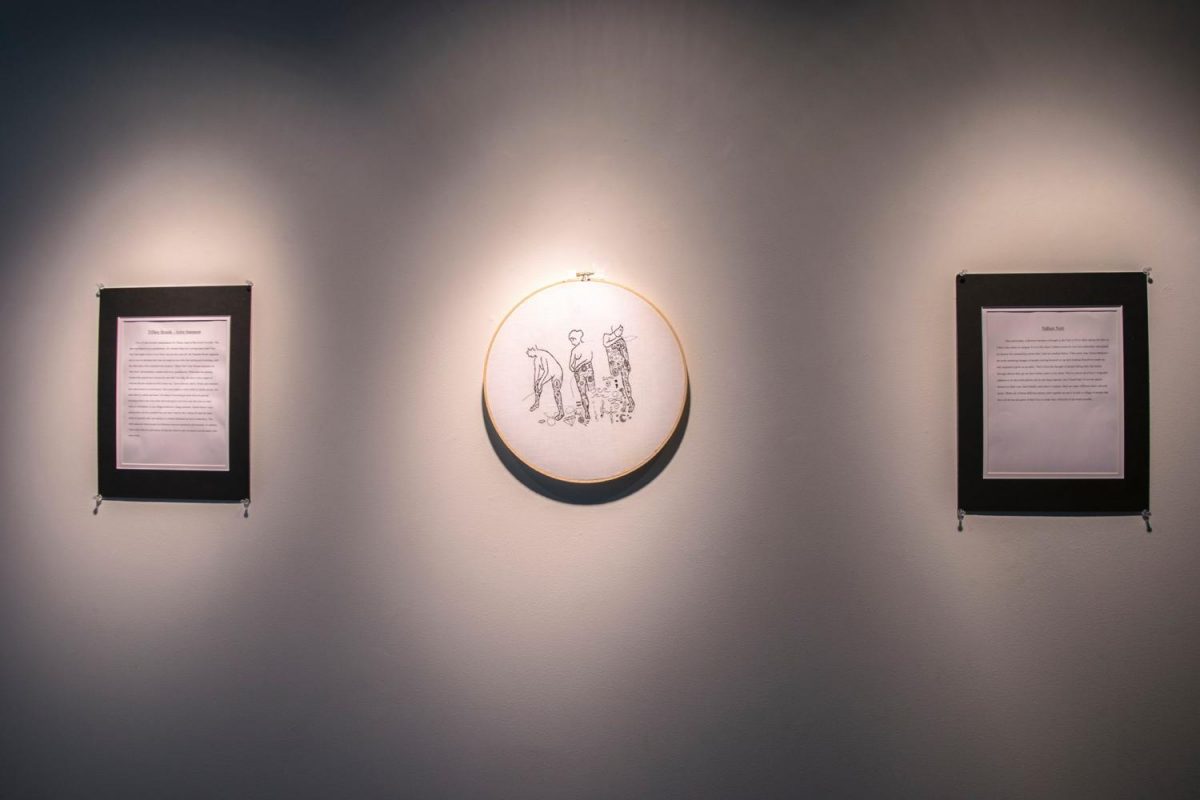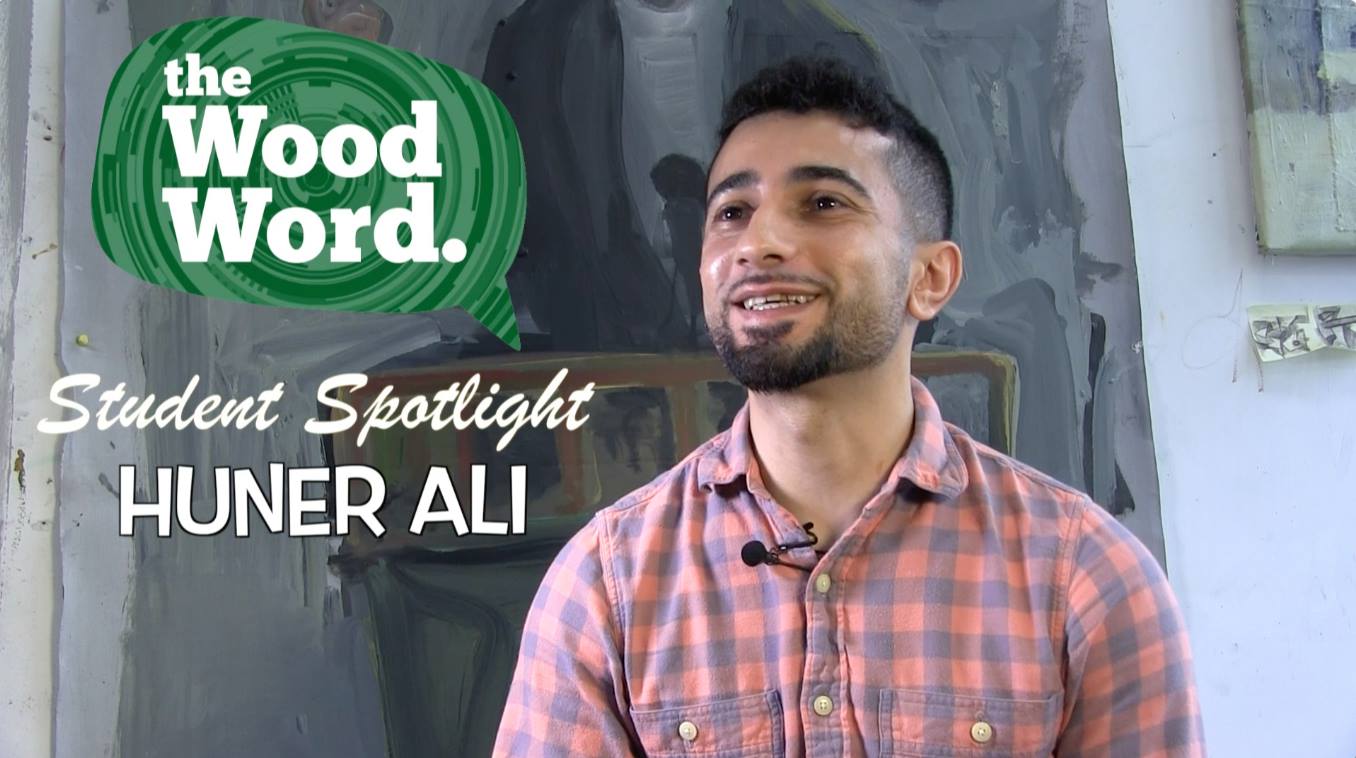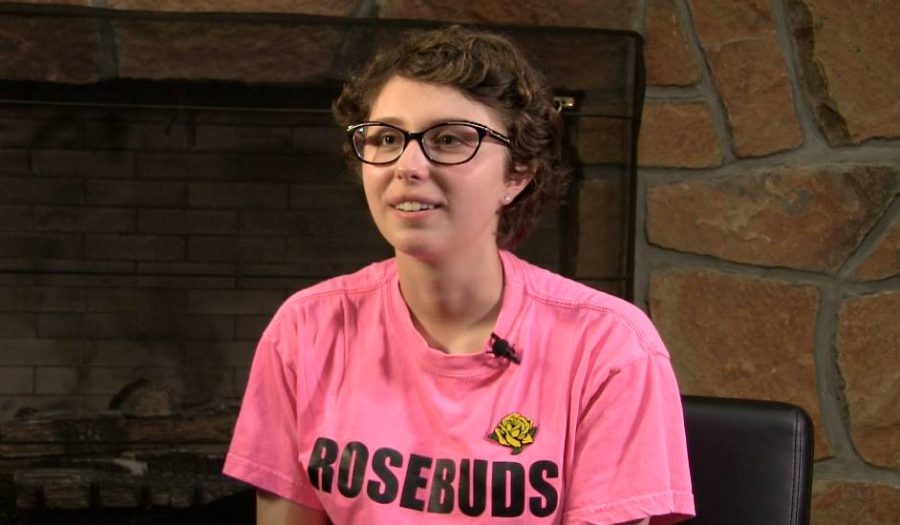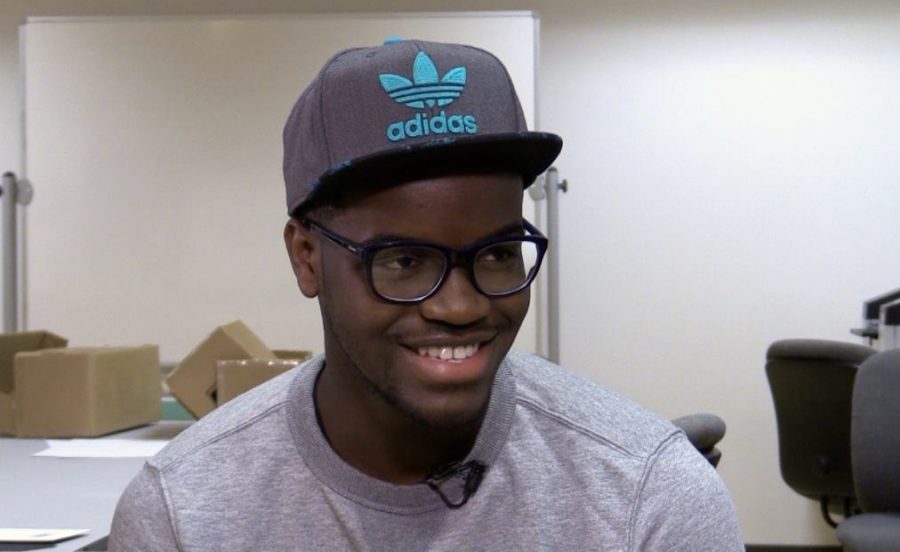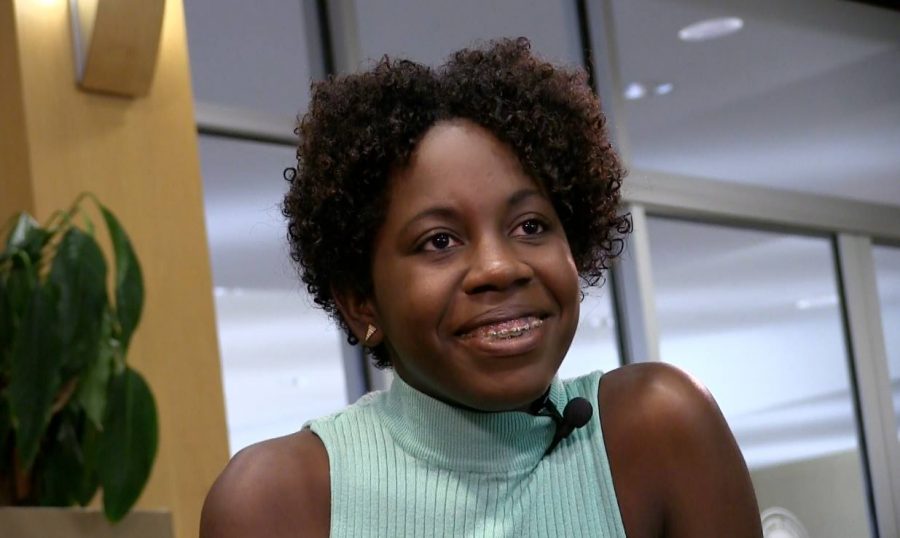Hometown: Medford, New Jersey
Major: Speech Pathology
Year: 2015
Q: What exactly is the ASHA Conference that you attended?
A: The American Speech and Hearing Association (ASHA) conference is an annual conference for speech language pathologists, audiologists, and scientists specializing in speech, language, and hearing. There are various poster sessions and seminars offered to provide attendees with recent evidence based research to acquire new skills and resources to help them in their profession.
Q: Who else did you attend the conference with?
A: I attended the conference in Atlanta, Georgia, with several students and professors from Marywood.
Q: Why did you go to this conference?
A: I attended the conference with several other students because we were all part of groups presenting posters that we had worked on with our faculty advisors. There were four posters presented from Marywood.
Q: How did you prepare for the conference?
A: All of the students and faculty members spent many hours during the spring semester and this current fall semester to prepare for the trip to ASHA. In order to present our study, data needed to be collected, analyzed, coded, and compared. Once that was accomplished, we had to focus on creating our posters to be on display. Although it was a lot of hard work, it was worth it in the end to see our posters hanging up at the national conference.
Q: What was your poster about?
Our poster was about a study we did on children between the ages of 20-32 months with their mothers in three different scenarios to see how responsive the mother was to the child’s behavior. The children were also taught to use a simple AAC device, which is programmed to speak when the button is pressed, since these children were at risk for verbal development.
Q: What did you do there and what did you learn from it?
A: The poster sessions were more informal than the seminars, but still provided attendees with a significant amount of information regarding research studies. Each poster was allotted a time period in which the members presenting the poster stood by the poster and gave a summary of our research and answered questions for any attendees walking around. We learned a great deal from the conference. The seminars were broken down into more specific categories and areas of study within the Communication Sciences and Disorders spectrum, so we were able to choose areas of interest to each of us. Also, it was interesting to see the studies presented in the posters by students and professionals in the field.



